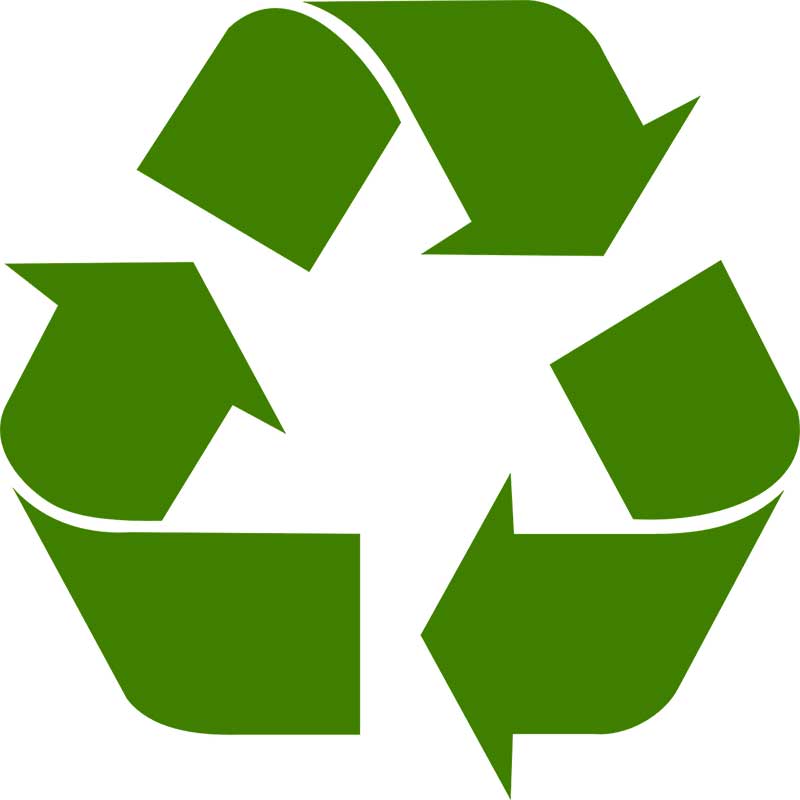Redefining Waste Management: Unlocking the Potential of Recycling
Exploring the Recycling Process
Upon embarking on my journey to understand recycling, I uncovered the intricate process that begins when our recyclables are collected. Transported to Material Recovery Facilities (MRFs), these materials undergo meticulous sorting on conveyor belts. Contaminants are removed using manual and automated methods, magnets extract metals, and optical scanners distinguish plastics. The result? Streamlined materials ready for reprocessing at specialised factories, poised to breathe new life into diverse products.
The Evolution of Recycled Products
The landscape of recycled products has undergone a remarkable transformation, propelled by technological advancements. With modern machinery capable of sorting various materials efficiently, the production of recycled goods has surged. Notably, strides have been made in the UK with 100% recycled newsprint and a remarkable 80% of glass being repurposed into new bottles and jars. From innovative designs by independent artisans to large-scale endeavours like flooring crafted from old fishing nets, the possibilities for recycled materials continue to expand, promising sustainability and creativity.
Assessing the Efficacy of Recycling
Questions regarding the environmental impact of recycling lingered in my mind, prompting a deeper inquiry. Contrary to scepticism, the Environmental Protection Agency’s (EPA) research revealed compelling benefits. Recycling conserves energy and minimises reliance on raw materials, consequently reducing carbon emissions during manufacturing processes. The tangible savings in energy consumption, particularly evident in glass and plastic recycling, underscored the efficacy of recycling as a sustainable strategy.
Addressing Food Waste and its Consequences
The UK’s staggering volume of food waste poses a dual threat to the environment and household budgets. The repercussions extend beyond mere economic loss, with approximately 7 million tonnes discarded annually. Decomposing food in landfills emits methane, a potent greenhouse gas, exacerbating climate change. Yet, innovative solutions such as composting offer hope, transforming food waste into valuable resources for agriculture and energy production.
Navigating Recycling Guidelines: What Goes Where?
Navigating the complexities of recycling guidelines revealed a critical aspect often overlooked: contamination. While the impulse to recycle is commendable, haphazard disposal risks compromising the entire recycling process. Contaminants such as greasy pizza boxes or non-recyclable plastics impede sorting machinery and render the whole batch unsuitable for recycling. Empowered by resources like Recycle Now’s Recycling Locator, individuals can make informed choices, ensuring their recycling efforts yield maximum impact.
Empowering Communities: Overcoming Recycling Challenges
In the pursuit of sustainable practices, communal efforts play a pivotal role. However, disparities in recycling infrastructure pose challenges for many, particularly those residing in multifamily dwellings. Encouragingly, initiatives spearheaded by waste management companies like Veolia offer tailored solutions, supplying recycling bins to underserved communities at no cost. By fostering partnerships between residents, local councils, and waste management entities, communities can collectively advance towards a greener future.
Embracing a Holistic Approach to Waste Management
While recycling alone may not offer a panacea for our mounting waste crisis, its significance in mitigating environmental harm cannot be overstated. By diverting materials from landfills, recycling curtails greenhouse gas emissions and conserves vital resources. Reflecting on my journey, one thing remains abundantly clear: the imperative to scrutinise consumption habits and embrace sustainable alternatives. With diligence and collective action, we can navigate the complexities of waste management, forging a path towards a more resilient and eco-conscious future.


Small Actions Count!
- Put a stop to junk mail.
- Mindful Decluttering
- Donate good-quality goods to charity.
- Sell unwanted goods on preloved, eBay, Gumtree.
- Give unwanted goods to friends, family or post on Freecycle & Facebook selling pages.
- Don’t forget your reusable shopping bags.
- Bring your cup when getting a coffee.
- Recycle your unwanted paint at Community Repaint









